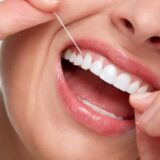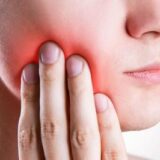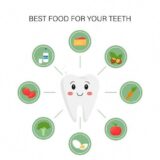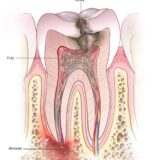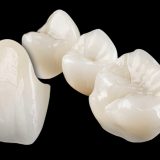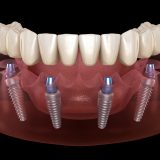Outline of the Article
- Introduction to Gum Diseases
- Importance of Oral Health
- Foods that Fight Gum Diseases:
- Incorporating These Foods into Your Diet
- Tips for Maintaining Good Oral Hygiene
- Conclusion
- FAQs
Introduction to Gum Diseases
Gum diseases, also known as periodontal diseases, are a common oral health issue affecting millions worldwide. These diseases range from mild gingivitis to more severe conditions like periodontitis, which can lead to tooth loss if left untreated.
Importance of Oral Health
Maintaining good oral health is essential not only for a beautiful smile but also for overall well-being. Poor oral hygiene can lead to various health problems, including gum diseases, tooth decay, and even heart disease.
Foods that fight Gum Diseases
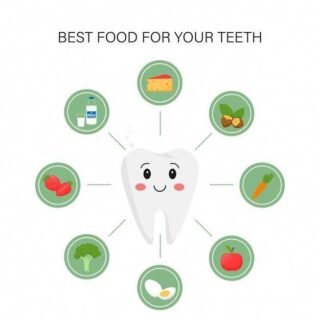

Green Tea: A Natural Antioxidant
Green tea is renowned for its antioxidant properties, which help reduce inflammation and fight bacteria in the mouth. Consuming green tea regularly can help prevent gum diseases and promote oral health.
Crunchy Fruits and Vegetables for Dental Health
Crunchy fruits and vegetables like apples, carrots, and celery act as natural toothbrushes, stimulating saliva production and removing plaque buildup. They also contain essential vitamins and minerals that support gum health.
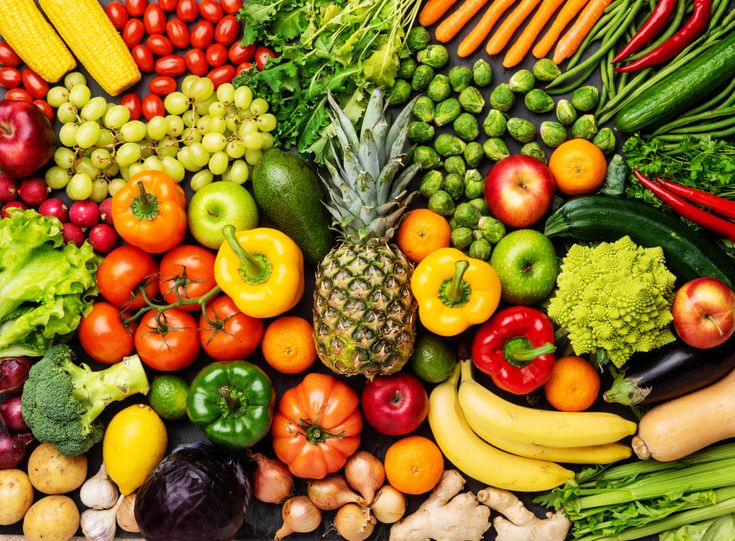

Dairy Products: Calcium Boosters for Teeth and Gums
Dairy products like milk, cheese, and yogurt are rich in calcium, which strengthens teeth and gums. Additionally, they contain probiotics that promote good bacteria in the mouth, reducing the risk of gum diseases.
Nuts and Seeds: Rich Sources of Essential Nutrients
Nuts and seeds, such as almonds, walnuts, and sesame seeds, are packed with nutrients like calcium, magnesium, and vitamin E, which are vital for maintaining healthy gums and teeth.
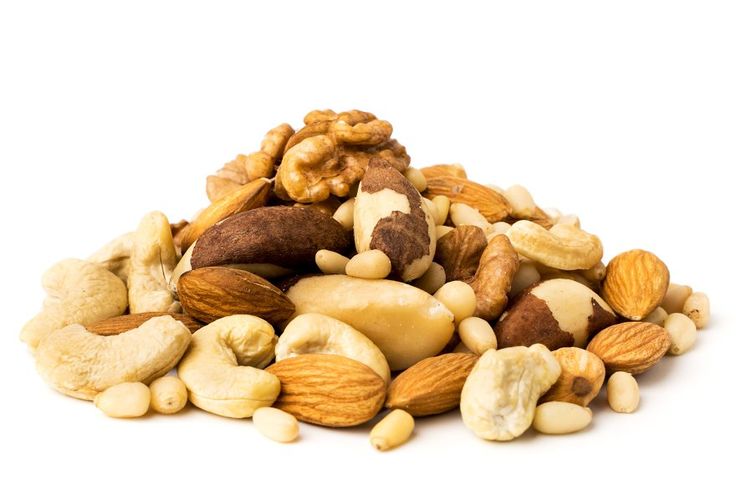
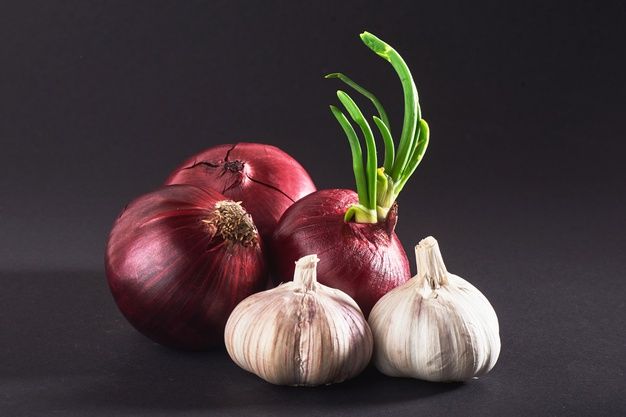
Onions and Garlic: Natural Antibacterial Agents
Onions and garlic contain antimicrobial properties that can help kill bacteria responsible for gum diseases. Incorporating these flavorful ingredients into your meals can contribute to better oral health.
Leafy Greens: Powerhouses of Vitamins and Minerals
Leafy greens like spinach, kale, and Swiss chard are excellent sources of vitamins A and C, which are crucial for gum health. They also contain folic acid, which can help prevent gum inflammation.


Citrus Fruits: Vitamin C for Gum Health
Citrus fruits like oranges, lemons, and grapefruits are packed with vitamin C, which boosts collagen production and strengthens gums. However, consume them in moderation to avoid enamel erosion.
Incorporating These Foods into Your Diet
To reap the benefits of these gum-friendly foods, try to incorporate them into your daily diet. You can enjoy a cup of green tea with breakfast, snack on crunchy fruits and vegetables throughout the day, and include dairy products, nuts, seeds, onions, garlic, leafy greens, and citrus fruits in your meals.
Tips for Maintaining Good Oral Hygiene
In addition to eating a balanced diet rich in gum-friendly foods, it’s essential to practice good oral hygiene habits. Remember to brush your teeth twice a day, floss daily, use mouthwash, and schedule regular dental check-ups to keep your gums and teeth healthy.
Conclusion
By including these seven foods in your diet and adopting good oral hygiene practices, you can effectively fight gum diseases and promote optimal oral health. Remember, prevention is key, so start incorporating these habits into your lifestyle today for a brighter, healthier smile!

FAQs
- Can gum diseases be reversed with proper diet and oral hygiene?
Yes, in the early stages, gum diseases like gingivitis can be reversed with a combination of proper diet, oral hygiene, and professional dental care.
- Are there any foods to avoid for better gum health?
Yes, avoid sugary and starchy foods that can contribute to plaque buildup and increase the risk of gum diseases. Additionally, limit acidic foods and beverages to protect tooth enamel.
- How often should I visit the dentist for check-ups?
It’s recommended to visit the dentist for a check-up and professional cleaning every six months. However, your dentist may recommend more frequent visits depending on your oral health needs.
- Can gum diseases affect other parts of the body?
Yes, gum diseases have been linked to various systemic health conditions, including heart disease, diabetes, and respiratory infections. Taking care of your oral health is essential for overall well-being.
- Is it necessary to brush my teeth after consuming citrus fruits?
It’s advisable to wait at least 30 minutes before brushing your teeth after consuming acidic foods or beverages like citrus fruits. This allows saliva to neutralize acids and protect tooth enamel.
